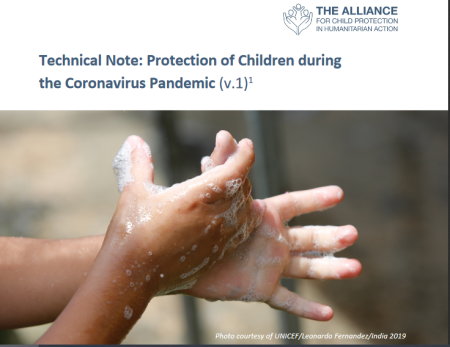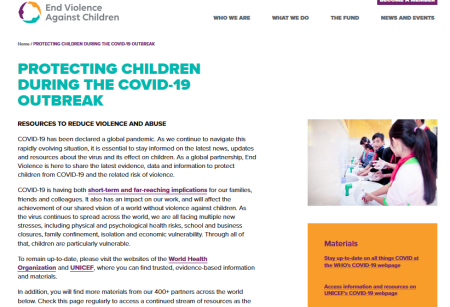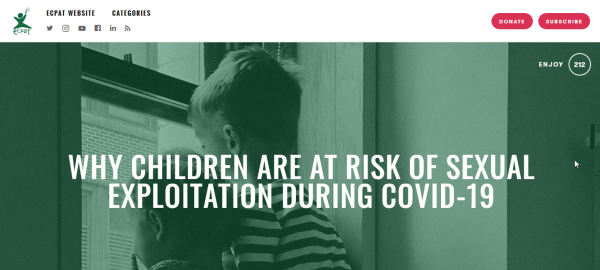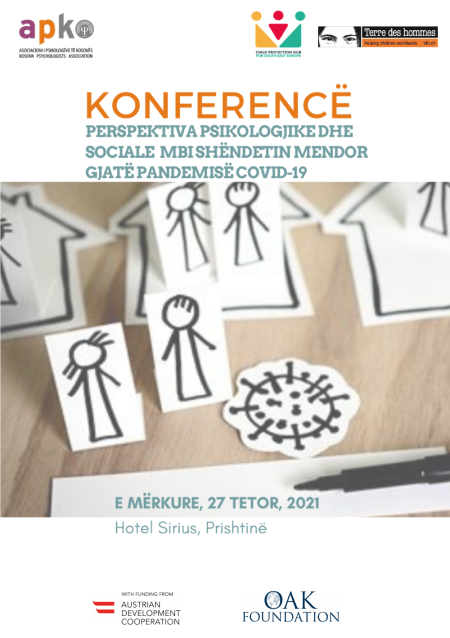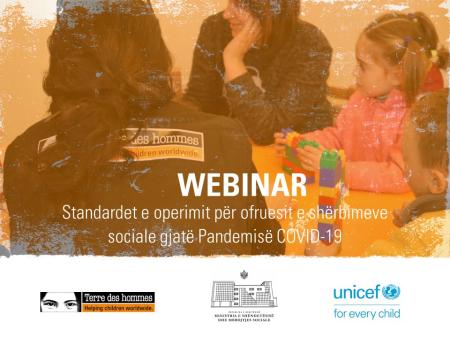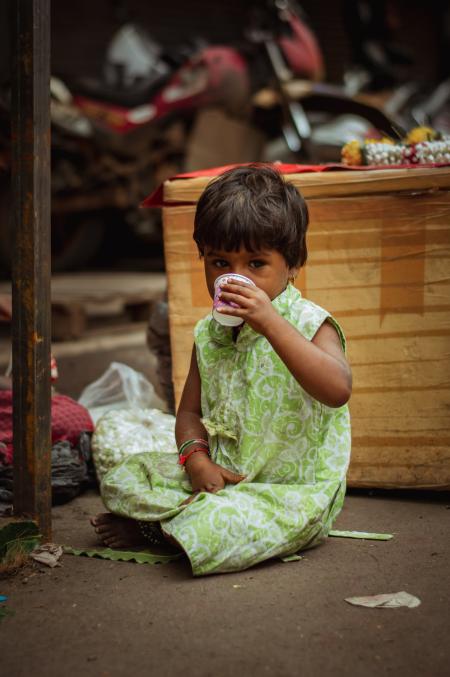
Many social workers will experience limitations in providing help and services during this pandemic. Because of this, addressing the ‘need complex’ becomes an even more important topic than usually. Elizabeth Clark describes the ‘need complex’ as a ‘belief that you and your interventions are indispensable’. She identifies it as a symptom of burnout – when it becomes impossible to distinguish between professional and personal life, making people willing to circumvent rules and the legal system.
Especially now, when social workers everywhere are struggling with the lack of clear guidelines and growing uncertainty, they might often feel compelled to disregard governmental advice and regulations to help others. However, it is important to recognise this urge as a sign of the ‘need complex’, and refrain from meeting clients face to face or asking staff to do so.
To manage the ‘need complex’ in this chaotic period, Elizabeth Clark offers some suggestions:
- Use technology such as video chats or telehealth whenever possible, or check-in by phone with clients whose access to technology might be limited;
- Recognise that self-care is essential, and commit to protecting your own health as well as the others’ by maintaining distance;
- Stay updated and follow changes in regulations and professional guidelines;
- Think in the long term and maintain a positive outlook. Use the time you have now to plan for the future;
- Re-channel and manage your ‘need complex’ by offering your services and volunteering with other initiatives whenever possible;
- Reach out to family, friends and colleagues, and try to harness the power of collective hope.



